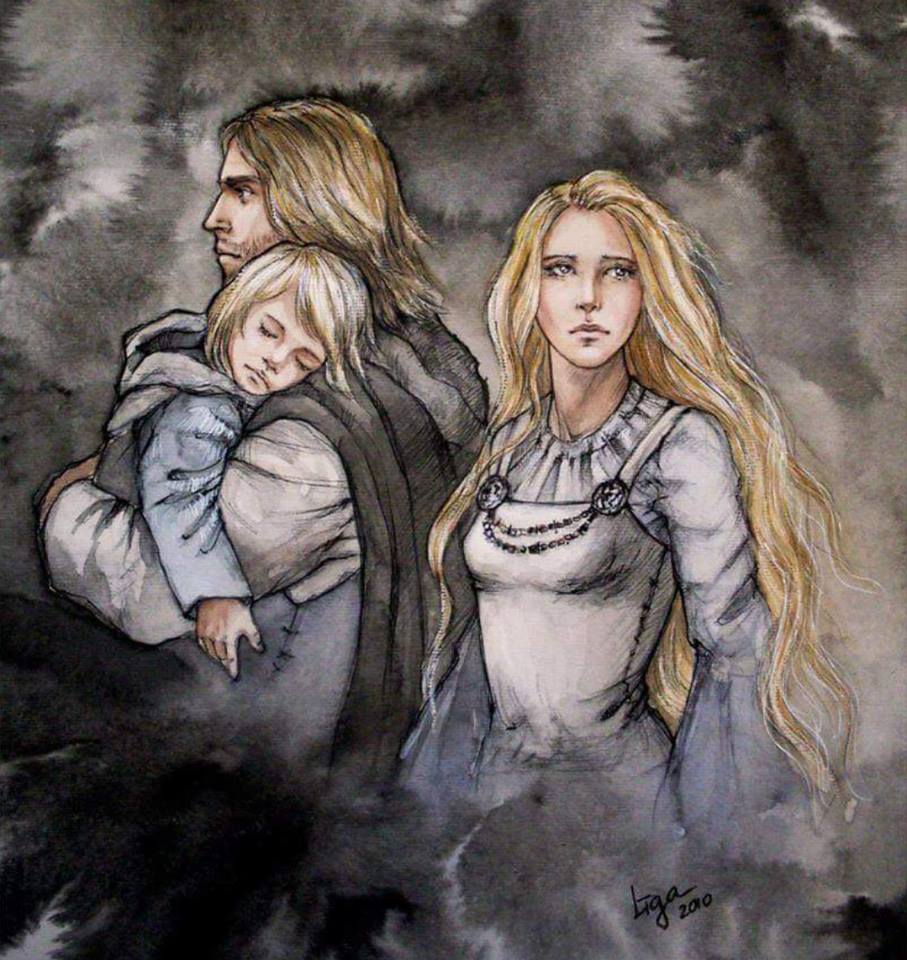Family Relations
Family relations describes the ancestral and familial connections of the player character. This is an intrinsic part of the character's backstory, mirroring the natural existence of parents, siblings and potentially children. These familial bonds are established through the "Character Background Generator," a system that operates independently of the player's preferences. It reminds us that in reality, we don't have control over the families we are born into. Therefore, when crafting a character's background, it's essential to acknowledge the predetermined relationships that come with it.
Contents
Neither can the player dictate the family's level of success, nor the family's attitude towards the character. Since the character begins the game at maturity, there are years of conflict, potential resentment, sacrifice or responsibilities that are utterly unaccounted for — and while the character can decide how he or she feels about them, one's family is also free to decide for themselves how to view the character. This is also determined through the background generator, related to the character's ability stats.
Backgrounds
Therefore, it's nearly impossible for the player to create a background such as "an orphan bent on avenging the murder of his or her parents" — much of the time, both parents are still alive in the game world. Moreover, orphans rarely knew their parents, since they often become orphans when they were too young to remember much.
When deciding a background, a player can "fabricate" a family relationship of their own — but this would be a falsehood, one that every other player in the game would be know, because concealing information between players in the game leads to discord and detracts from the overall gaming experience.
Status
Every player would like their character to be born into wealth and wield influence. Everyone aspires to be a secret noble with a clear path to a throne. However, given that players have no control over the family they are born into or its social status, they must acknowledge that most are born into families of farmers, miners, laborers, artisans and other common backgrounds.
As children, characters acquire skill sets related to their progenitor's profession. This can occur even if the character is an orphan, as the player's ascent to a leveled class assumes some form of mentorship. This background also impacts the character's initial wealth and initial standing in the game world.
Choosing Stats
Players seeking to decrease the size of their in-game families should opt for a lower strength stat, as this attribute mirrors the character's inherent qualities inherited from their bloodline. Character classes that place greater emphasis on spellcasting or criminal behavior tend to lean toward isolation or harboring resentment against society. Consequently, these classes are more inclined to feature orphaned characters compared to classes like fighters, rangers or paladins, who are more inclined to defend society.
Characters aiming to foster better relationships with their families should opt for a higher wisdom stat, as it signifies the character's empathy and compassion for others. Characters with low wisdom tend to exhibit selfish and bitter behaviours, which leads to estrangement from their families and relations, who often wish to distance themselves from such individuals.
If a character desires to be born into nobility, they should consider selecting a higher charisma stat, as this is a trait commonly associated with successful leaders in a medieval context. Nonetheless, it's essential to note that the likelihood of attaining noble or royal status, even with a charismatic upbringing, remains very low, at just 3%.
